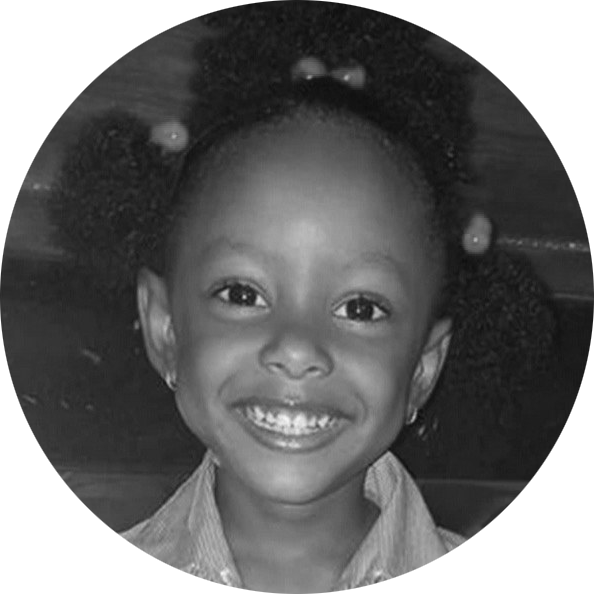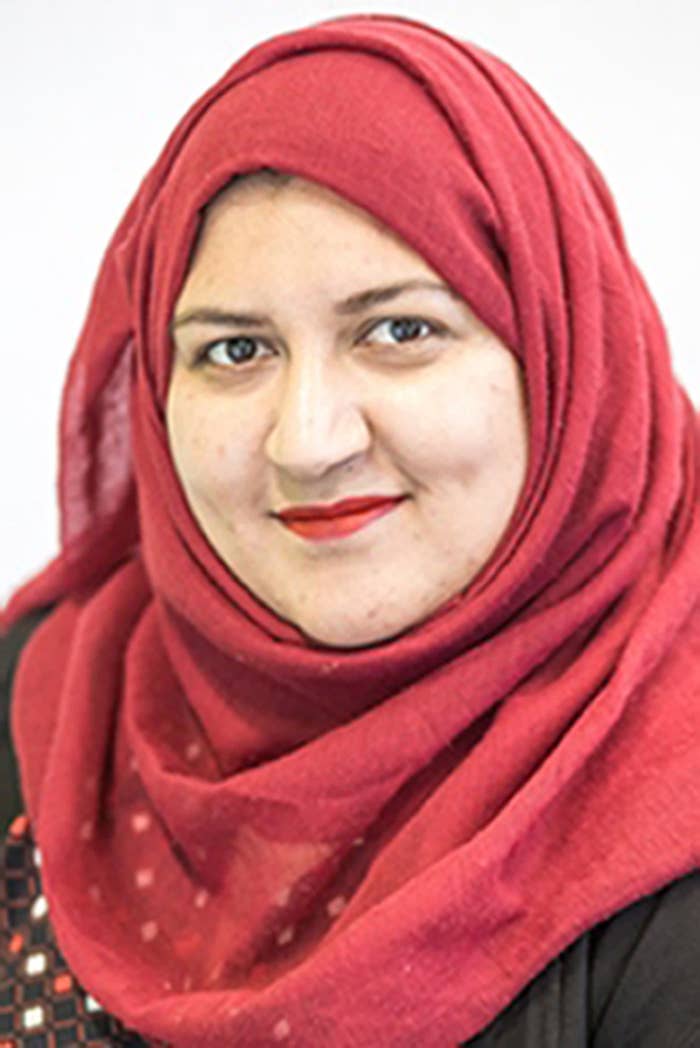
The journalists at BuzzFeed News are proud to bring you trustworthy and relevant reporting about the coronavirus. To help keep this news free, become a member and sign up for our newsletter, Outbreak Today.
Shabnum Sadiq was on holiday in Pakistan when she started feeling ill. Thought of by family and friends as a “superwoman” — a 39-year-old mom of five, including quadruplets, who also worked, volunteered for charity, and was an elected local representative — she didn’t think too much of it at first.
She had flown to Pakistan from her home in Slough in the UK and was looking forward to attending a wedding there. But then her condition got worse. She was taken to hospital in Islamabad on March 12, where she tested positive for COVID-19, the disease caused by the coronavirus, and was diagnosed with pneumonia. A day later, she was placed on a ventilator, and on April 6 she died from a cardiac arrest.
Her husband Khezran Sadiq only made it back to the UK this week, with flights disrupted because of the virus. He has now been reunited with their children.
“She was an amazing wife, and the best mother you could ever find,” he told BuzzFeed News. But that wasn’t all that kept her busy — she worked, she was involved in local politics, and she did charity work. “She was just in a hurry,” Khezran said. “She was doing anything and everything.”
Khezran said somehow his wife managed to juggle it all, and nobody ever felt like they were being neglected. “She was giving equal time to the house, to the kids, to me, and for the community — she was always there for everybody,” he said. “It's a big loss for the family and I think is a huge loss for the community as well in Slough.”
While it hurts to talk about his sister, Kamran Sheeraz remembers fondly her big smile and her two dimples. “She was the youngest of four,” he said, “so she was a spoilt child — in a nice way. She used to always get her way. She was our little sister.”
Shabnum had five children of her own, including naturally conceived quadruplets: Shireen, 18, identical twin girls, Maheen and Zareen, and nonidentical twin boys, Haider and Zyan, who are 13.
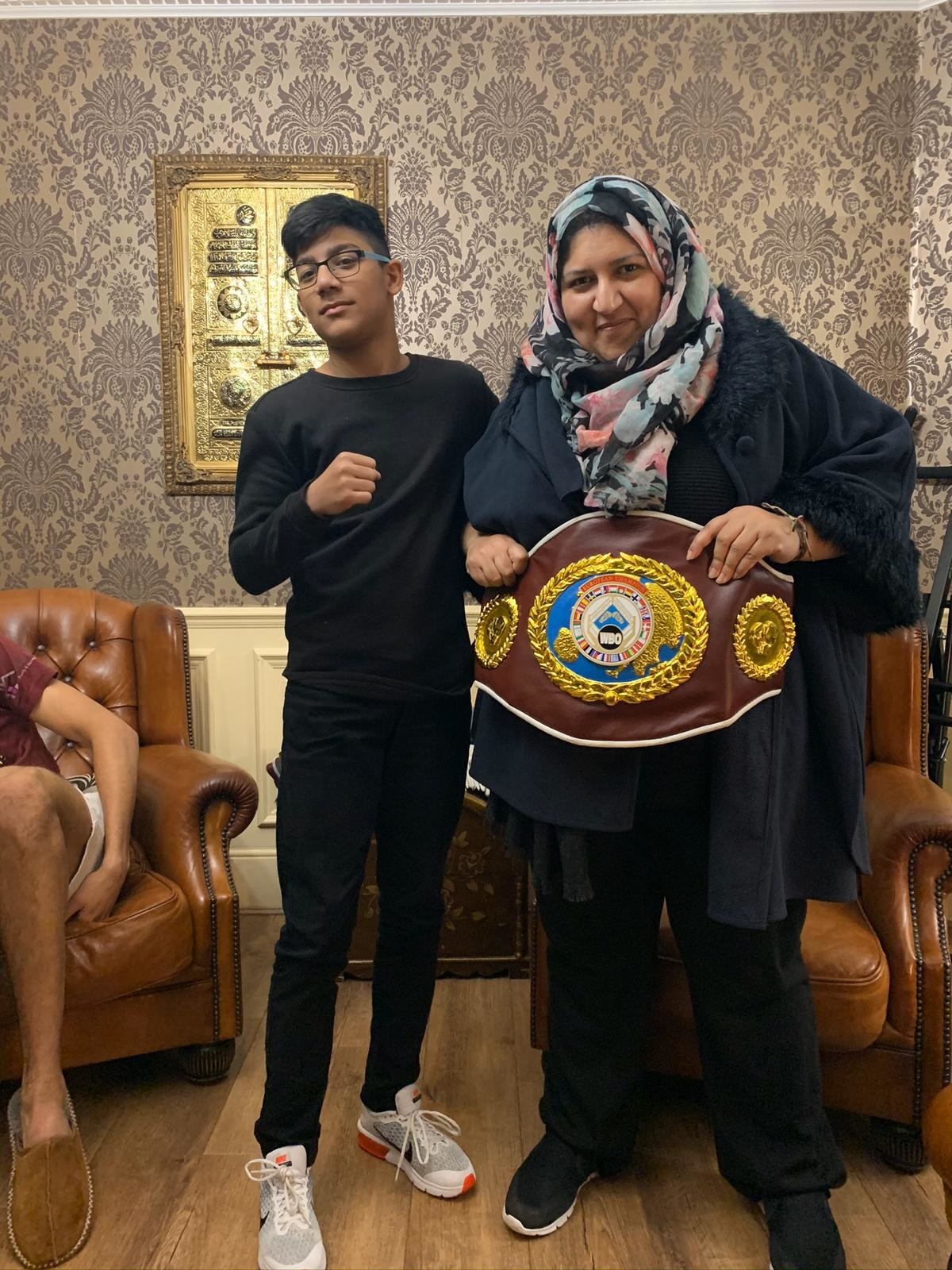
Khezran remembers going for the scan, and the sonographer telling them they were expecting quads.
It was a difficult pregnancy, but she and the babies got through it — which is why Khezran found it so hard when she did not survive COVID-19.
“When she was in hospital for 24 days, I was just thinking in my mind, If she can get through that one, she was worse than this one, having four children at once,” he said.
“In the last three months when she was going to have these quadruplets, she was on crutches and she was in a really nasty state. And I thought, if she can get through that, this is nothing for her. She was really strong, mentally strong and [physically].”
Kamran and his wife were there when the quads were born by C-section. He remembers their arrival as “brilliant” and said Shabnum took it all in stride.
“It was quite lively, trying to change four nappies at one time. It was quite funny,” he said. Like everything she did, he said, she gave her all to being a mum.
“She was a very, very hard worker — whatever she did, she gave it 100%,” he said.
Most recently Shabnum had worked airside for British Airways, and previously had been employed as a financial administrator for a GP practice and at a school. “Wherever she went,” Kamran said, “she made a lot of friends… She made friends and she left her mark.”
Sabia Akram and Shabnum were friends since childhood. They also used to attend the mosque together for Arabic classes. “We saw each other five days a week easily, if not the weekends too,” Akram told BuzzFeed News.
“On sports day, you'd always want to hang out with her and her family because they'd have a massive feast, and you'd always have a great time.”
“Her kind of her signature look was her dimples,” she added. "She was a very smiley, happy person generally, quite warm.”
The pair later lost touch, both got married and had children, but reconnected on Facebook, and Akram, who became a Labour councillor in 2012, encouraged Shabnam to also get involved in politics, where she excelled — and had aspirations of one day running for Parliament.
She was elected to Slough Borough Council on her third try, and in less than four years in office, held a number of official committee positions.
“As [a] politician, she was feisty, she was inquisitive, wasn't afraid to stand her ground,” Sabia said. “And sometimes, most times, asked challenging and difficult questions. And I guess that sounds pretty obvious if you're a politician in local government, but actually, once you're in the reality is somewhat different.
“Particularly in the first term, you know, you're talking about only being in for just over three years. It's a difficult world if you're not used to it.”
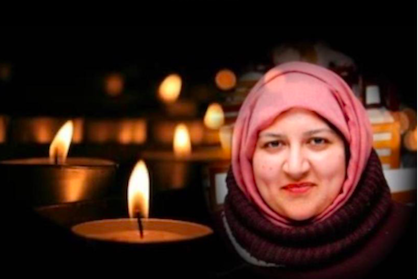
“Shabnum was a dedicated councillor and despite only being in her first term, she had made a contribution far beyond the years she’d spent in the council chamber,” councillor James Swindlehurst, leader of the council, said.
“We worked together closely and personally I will miss her very deeply. This is a significant loss for the council and the town, but is nothing compared to the loss her family, close friends, and community are feeling right now.”
One of the most important things Shabnum achieved, Akram said, was serving as an inspiration to other young women from minority communities, and proving to them that there was a place for them in politics.
“Most people, and if you look across the country, most people are retired, white, middle class, so you don't tend to find women, particularly that come from minority groups that have young families.”
“By taking up the space, just in being, I think it spoke volumes,” Akram added. “She was supporting a lot of young councillors, other women, particularly from BAME communities, because there are so few of us that sometimes you become inspiring in yourself — people look to see actually, we can do that, we could achieve cabinet, we could achieve senior leadership.”
Her ability to do it all is something that friends and family said most defined her.
“She helped a lot of people...as well as running the daily house,” Sheeraz, Shabnum's brother, said. “She was a superwoman, I’d call her a little superwoman. She was very well organized.”
He said he was proud of all the things his baby sister had achieved by the age of 39. “She was in the prime of her life, really,” he said, “she’d done all the hard work, and it was just being able to see the fruits of her labor, but unfortunately it wasn’t to be.”
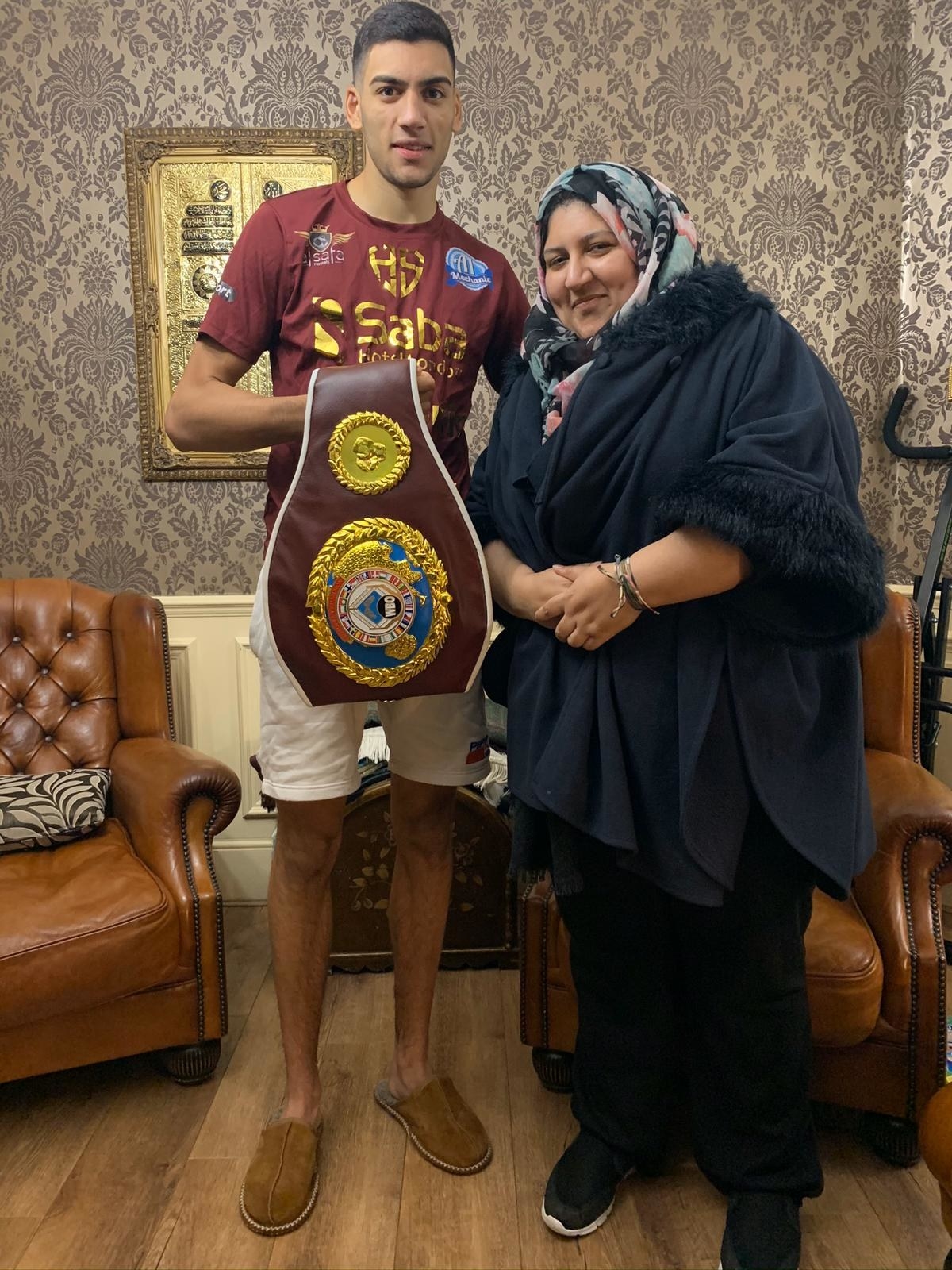
The family did not even find out about a lot of the volunteer work she did until after she died, her nephew Hamzah Sheeraz said: “In all honesty, the charity work all came to light after her passing, and as the saying goes she gave with her right hand and the left hand didn’t know.”
But despite throwing herself into helping her community, she always kept time for her family. Her nephew, a European champion boxer, described his aunt as his “biggest supporter”.
“She was a very hardworking woman who had the community at heart,” he said.
“She brought her children up with true values and morals which is a reflection of herself,” he said. “Family was the most important factor in her life… She was a very well-valued member of our family who will always be dearly missed.”
Kherzan said his wife described him as “her sixth child”, and they will all miss her terribly. “She’d always look after me like a kid,” he said. “She always said to me... 'I’ve got five of those ones and I’ve got a big boy here as well.'
“I got back here yesterday, to be honest with you, I’m in shock. I don’t know what to do. It just feels like she’s going to walk in any time.”
“I still can’t believe she’s gone,” Sheeraz said. Once he is able to travel again, he plans to fly to Pakistan to visit his sister’s grave. “Once this is over, it would be nice to go there with the kids and pay my final respects to her."
“You’d never think twice, that I would never see her again. It’s just surreal, to be honest… You just can’t go round when she comes back, say I love her.”


